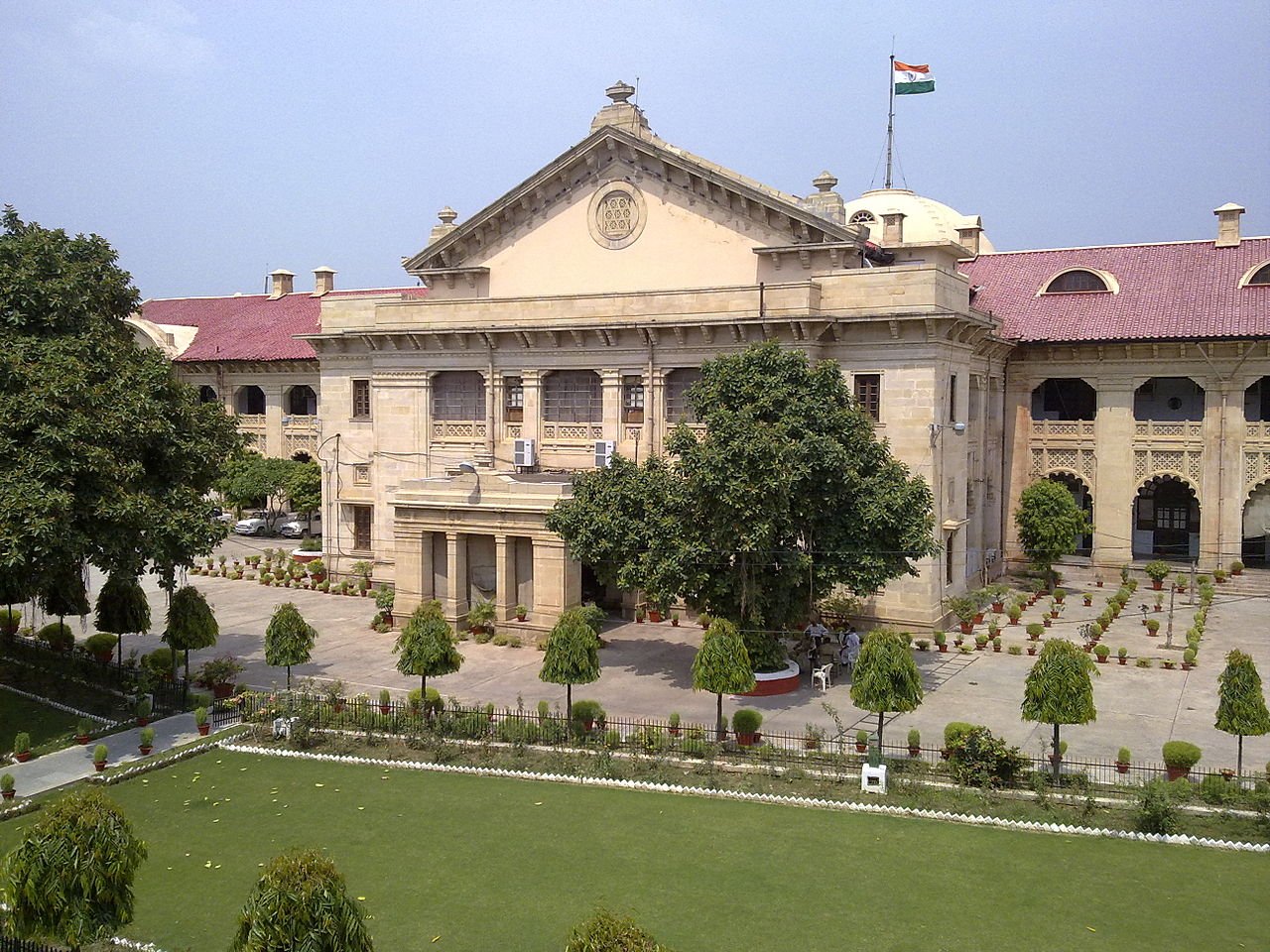In a trademark infringement case initiated by Hamdard Foundation, the makers of Rooh Afza, the Delhi High Court had previously barred Sadar Laboratories from producing Dil Afza. The High Court’s order restraining the sale of ‘Dil Afza’ was upheld by the Supreme Court on Wednesday, dismissing an appeal against it. Hamdard Foundation had filed the trademark infringement suit, alleging that ‘Dil Afza’ was confusingly similar to their product ‘Rooh Afza’.
The Bench, consisting of Chief Justice of India DY Chandrachud, Justices PS Narasimha, and JB Pardiwala, affirmed the correctness of the High Court’s decision and declined to intervene.
During the hearing, Justice Narasimha raised questions about the significance of requesting Rooh Afza and receiving Dil Afza instead.
In response, the attorney representing Hamdard argued that the beverage ‘Rooh Afza’ had a well-established reputation and distinct characteristics. They emphasized that a comprehensive comparison should be made, considering the structural, phonetic, and visual aspects of the mark. The High Court’s division bench had identified circular rings in the bottle, suggesting deceptive intent. The attorney further noted that ‘Dil Afza’ had been sold since 2020, while ‘Rooh Afza’ had a history dating back to 1907, asserting that ‘Dil Afza’ appeared to be a variant of ‘Rooh Afza’.
Hamdard Foundation contended before the Delhi High Court that the sale of ‘Dil Afza’ by Sadar Laboratories was deceptively similar to ‘Rooh Afza’, and that it constituted trademark infringement as the words ‘Dil’ and ‘Rooh’ carried similar meanings. They also highlighted the similarities in the bottles used for both products.
In a previous order, the High Court had acknowledged the clear connection between the words ‘Rooh’ (meaning soul) and ‘Dil’ (meaning heart). The court stated that it was not difficult to imagine that upon seeing the label of ‘Dil Afza’, a person would recall the label of ‘Rooh Afza’ due to the common use of the word ‘AFZA’ and the frequently associated meanings of ‘ROOH’ and ‘DIL’ when translated into English.
By reversing the dismissal of the injunction request filed by the manufacturers of ‘Rooh Afza’ against the sale of ‘Dil Afza’, the Bench upheld the High Court’s order.


